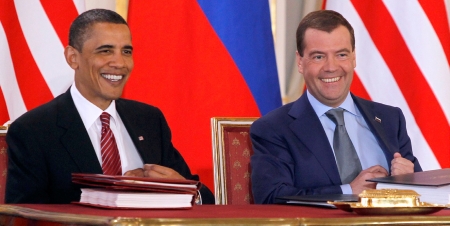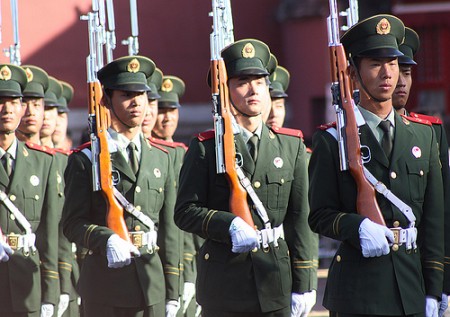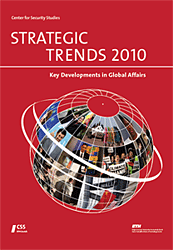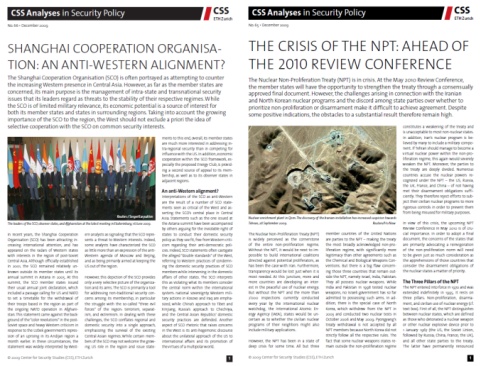
The Islamic Republic’s recent political provocations against the West have left observers wondering: Is such behavior the result of careful calculation or messianic madness?
- This ISN Special Report contains the following content:
- An Analysis by Philip McCrum about Iranian President Ahmadinejad’s fragile hold on power five years after his contested election win.
- A Podcast interview with Dr John Mueller on the Iranian nuclear threat – or lack thereof.
- Security Watch articles on Iran’s struggling Jewish community, the nuclear question and much more.
- Publications housed in our Digital Library, including recent US Congressional Research Service analyses on US foreign policy toward a nuclear hungry Iran.
- Primary Resources, including last week’s joint declaration By Iran, Turkey and Brazil on the non-proliferation of nuclear weapons.
- Links to relevant websites, such as the ArmsControlWonk blog published by Dr Jeffrey Lewis of the New America Foundation.
- Our IR Directory, featuring the Center for Middle Eastern Studies at Harvard University.




